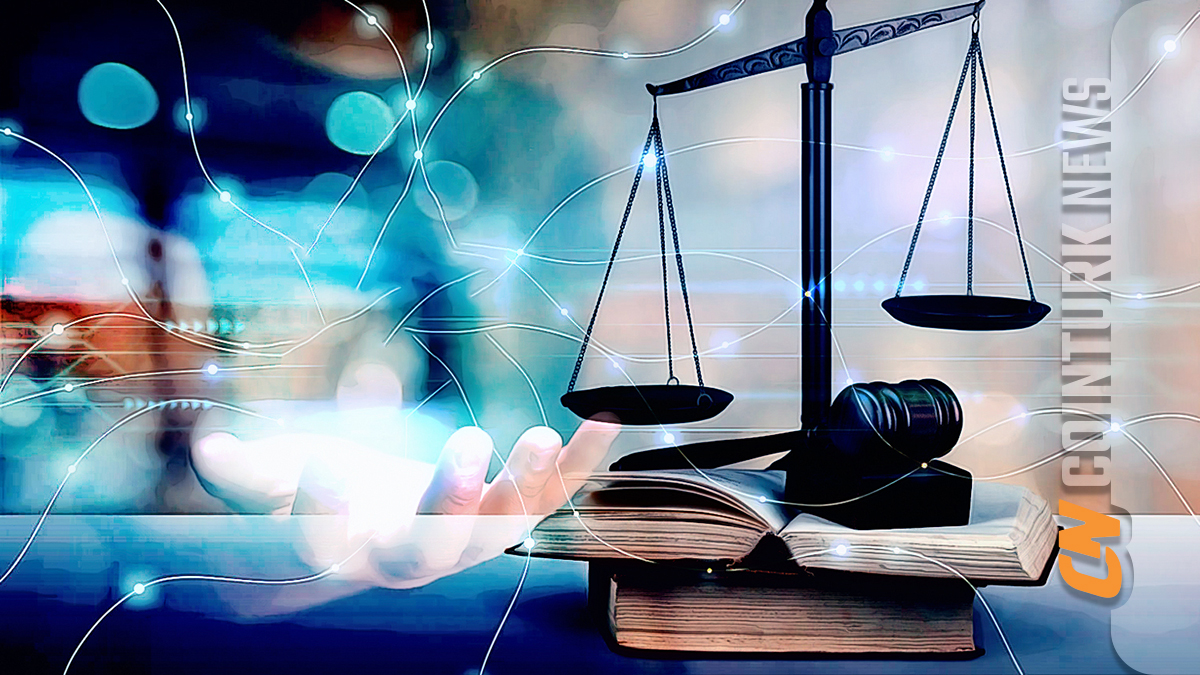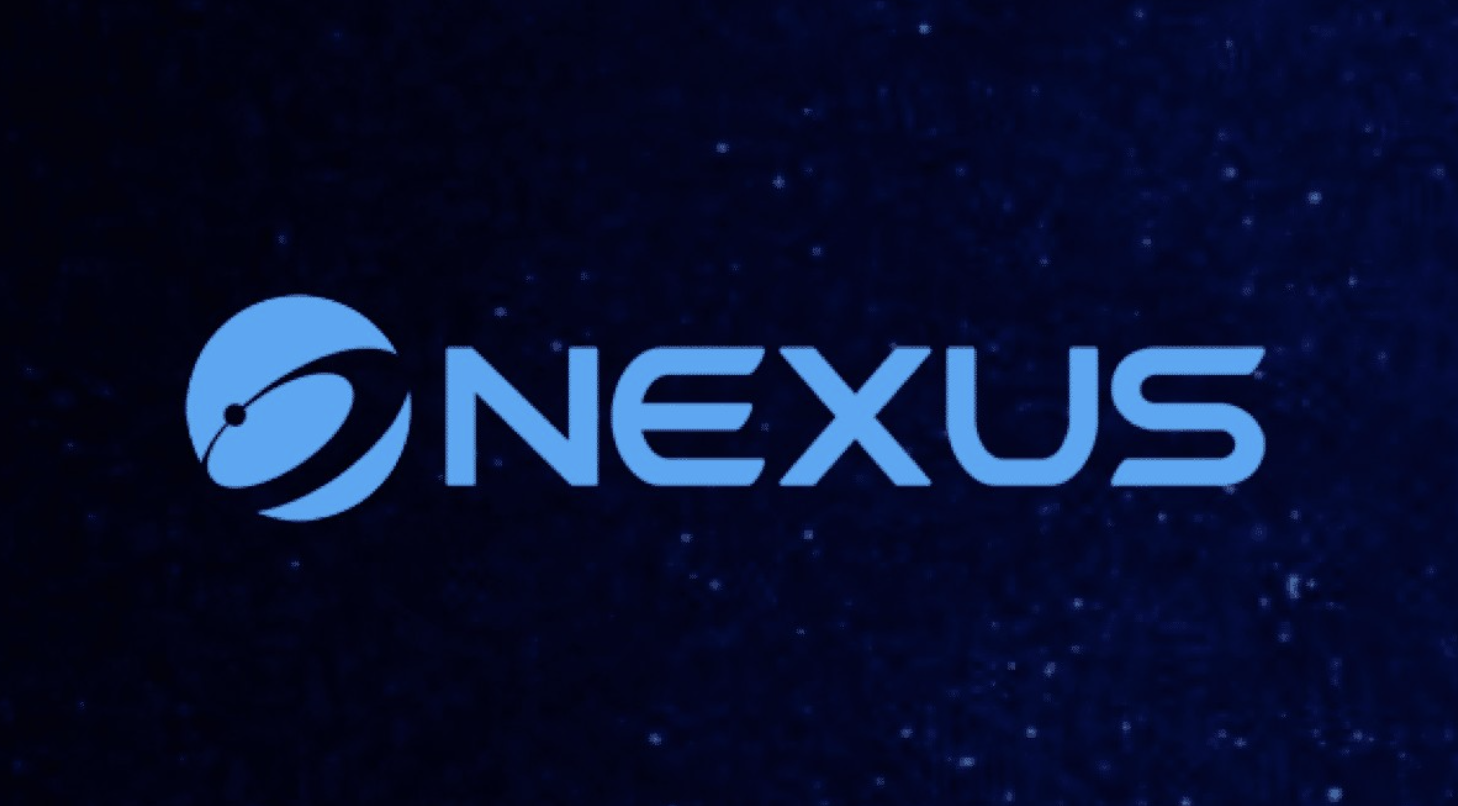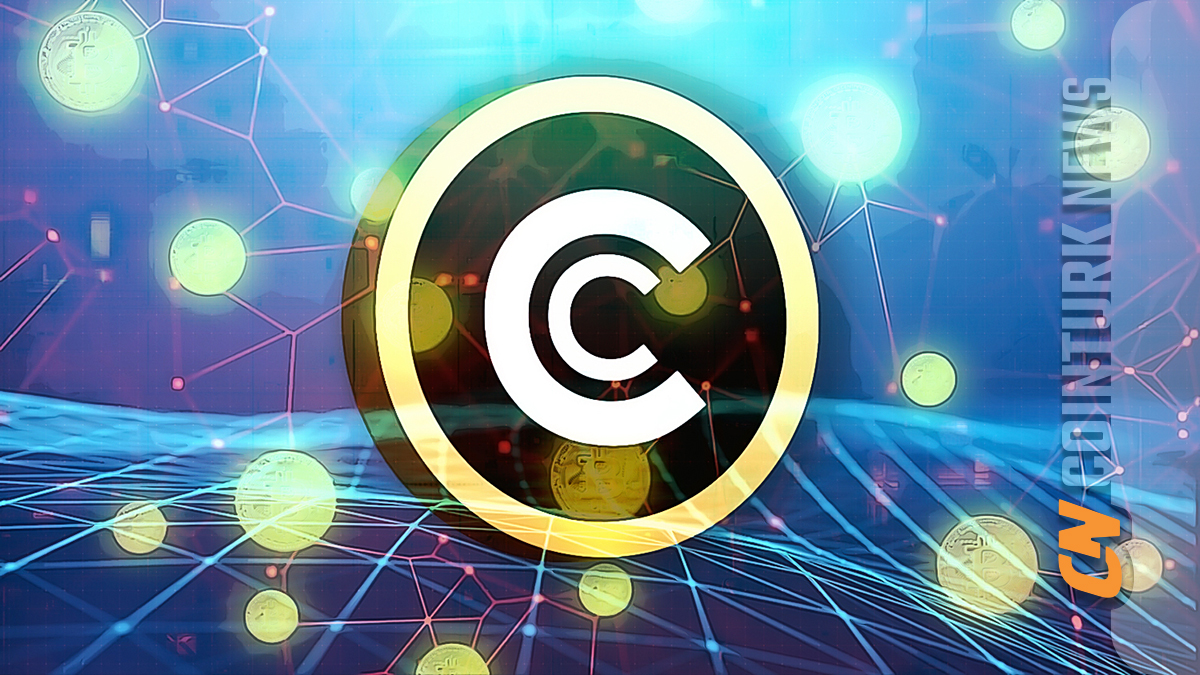A significant development has occurred in the lawsuit filed by the Securities and Exchange Commission (SEC) against Coinbase, one of the cases that caused the collapse in the cryptocurrency market. The court approved the proposal that Coinbase and SEC requested equal time for the oral hearing scheduled for January 17, 2024. New Finance Institute (NFI), which provided information, expertise, or insights to the court regarding the issues in the case but is not a party to the lawsuit, sent a letter to Judge Katherine Polk Failla in favor of SEC, requesting a few minutes of additional time for the oral hearing.
Judges Sign Decision in Coinbase and SEC Lawsuit
According to the joint proposal submitted by SEC and Coinbase on November 17, Judge Failla signed an order for the allocation of four hours of equal oral hearing time between the defendant Coinbase and plaintiff SEC. Judge Failla stated, “The court has received the parties’ joint letter regarding the oral hearing schedule on January 17 and has accepted the parties’ proposal.”

Both parties have requested equal hours to present their arguments and evidence for the substantive resolution of the lawsuit. Both sides believe that their arguments and evidence are reasonable in the context of violations of securities laws.
Coinbase executives are challenging the authority of the SEC to regulate and oversee the cryptocurrency industry while the cryptocurrency regulatory framework of the US Congress is still under discussion.
NFI Wants to Participate in the Oral Hearing
Coinbase and SEC believe that the arguments and positions stated by non-parties who provided information, expertise, or insights regarding the issues in the case have been adequately presented in the summaries. However, New Finance Institute, which acted in favor of SEC, requested 10 minutes of oral participation from the total allocated time.
In their application to the court, the legal representative of New Finance Institute stated, “My client’s position is consistent with the outcome requested by the SEC, but considering the public policy implications of this case, we propose a different legal analysis that we believe is compelling for the court to consider during the oral hearing.”

 Türkçe
Türkçe Español
Español









